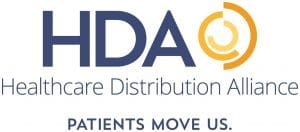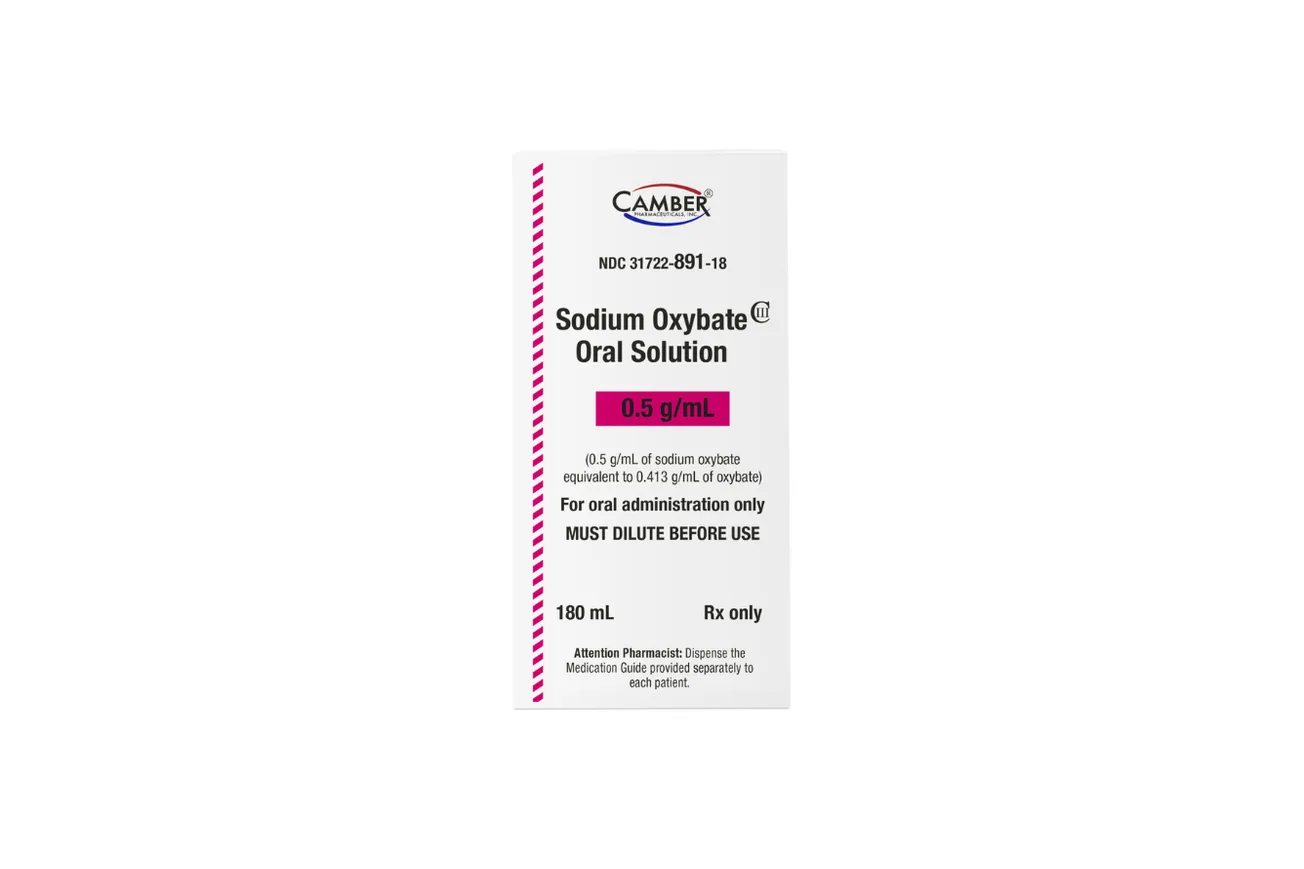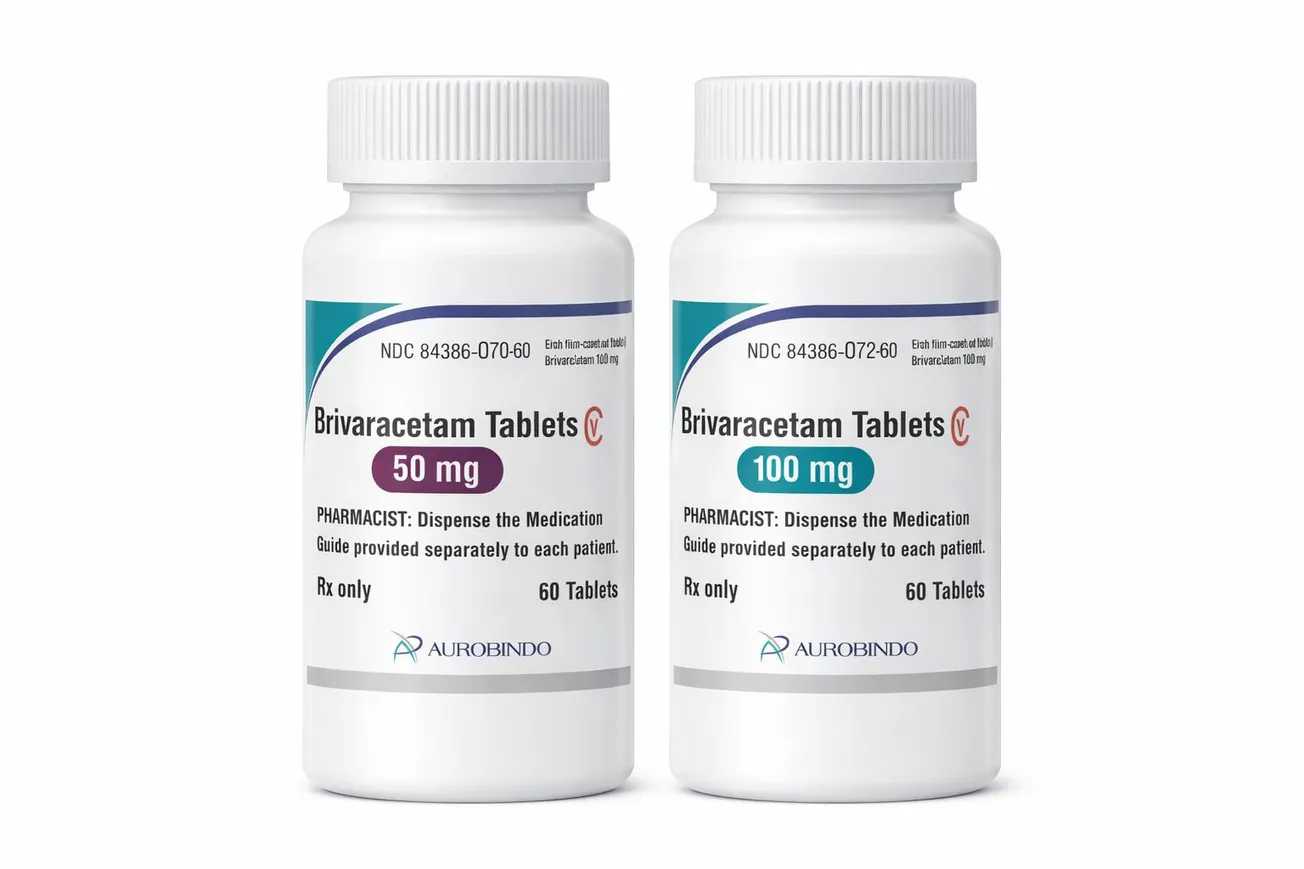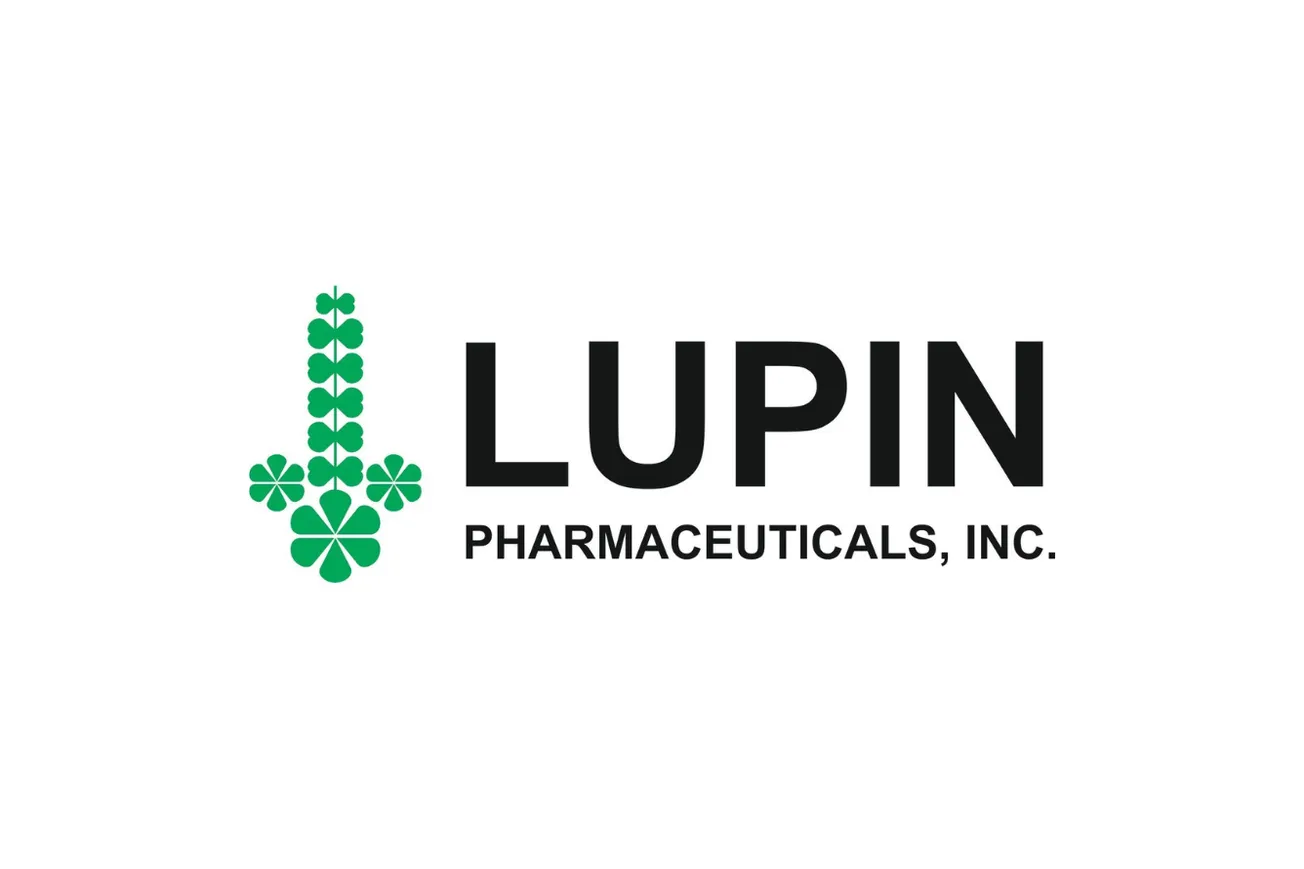ARLINGTON, Va. — A new report published by the HDA Research Foundation concludes that federal proposals to permit the importation of prescription drugs into the U.S. fail to provide comprehensive guidance and funding to meet current federal safety and quality standards. As highlighted in the report, “The Risks and Realities of Commercial Drug Importation,” implementation of these policies would result in at least $1.1 billion in costs due to patient risks, required federal regulatory oversight and the operational challenges placed on the supply chain.

“While the overall goal of achieving affordability is commendable, it is clear that the risks and costs of prescription drug importation may outweigh any perceived benefits,” said Perry Fri, executive vice president and chief operating officer of the HDA Research Foundation. “As federal and state legislators continue to consider — and enact — these policies, the Foundation’s research is a valuable resource to understand how supply chain stakeholders, as well as patients, may be affected.”
Through a literature review, expert interviews and quantitative modeling, the report explores current federal drug importation policies for their commercial feasibility, operational costs to the pharmaceutical supply chain and any effects on patient safety. Commercial drug importation is defined within the report as an activity in which a manufacturer, distributor, pharmacy or third-party entity introduces into the American supply chain, drugs that were produced outside of the U.S., without the necessary approvals by the U.S. Food and Drug Administration as well as the regulatory oversight to ensure the product’s safety and quality. State and personal reimportation policies were outside the scope of the analysis.
Among the other topline findings of this report:
• Significant barriers to importation exist outside of current U.S. policy proposals, including a limited supply based on the small amount of countries with compatible approval and safety regulations, limits on products feasible to import and the various legal and exclusivity provisions covering many medicines.
• Many of the products viable for importation do not align with the products that are most needed by American patients, due to specific handling requirements, available supply and legal issues.
• Enacting moderate drug importation policies will likely lead to a 5% increase in drug-related adverse events, representing $200 million to $1.4 billion in costs to patients.
• “The Risks and Realities of Commercial Drug Importation” was made possible through the support of platinum sponsors Anda, Inc. and Novartis Pharmaceuticals Corporation; gold sponsors Astellas Pharma US, Inc. and Pfizer Inc.; and silver sponsor, Genentech, A Member of the Roche Group. The report is available as a complimentary download through the HDA website.






